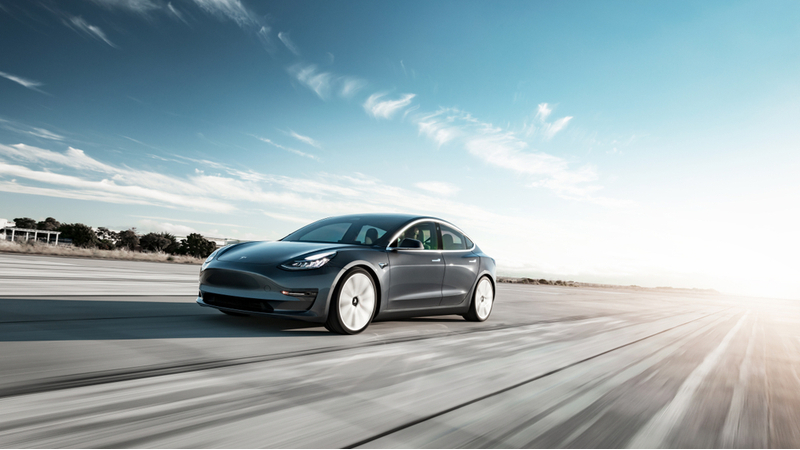Automotive
Soaring Battery Costs Fail To Cool Electric Vehicle (EV) Sales

Buyers around the world are lining up to purchase electric vehicles (EV) in 2022 even with sticker prices surging, flipping the script on a decade and a half of conventional auto industry wisdom that EV sales would break out only after battery costs dropped below a threshold that was always just over the horizon.
This year, EV demand has stayed strong even as the average cost of lithium-ion battery cells soared to an estimated $160 per kilowatt-hour in the first quarter from US$105 last year. Costs rose due to supply chain disruptions.
For a smaller vehicle like the Hongguang Mini, the best-selling EV in China, the higher battery costs added almost US$1,500, equal to 30 per cent of the sticker price.
Experts noted that environmental concerns also are pushing more buyers to choose EVs despite the volatile economics.
Manufacturers from Tesla to SAIC-GM-Wuling, which makes the Hongguang Mini, have passed higher costs on to consumers with double-digit price increases for EVs.
Andy Palmer, chairman of Slovak EV battery maker InoBat, said margins in the battery industry are already wafer-thin, so “rising costs will have to be passed onto carmakers.”
Vehicle manufacturers like Mercedes-Benz will likely shift increases to customers if their raw material prices keep rising. “We need to keep margins,” Chief Technology Officer Markus Schaefer told Reuters news agency.
Global EV sales in the first quarter jumped nearly 120 per cent, according to estimates by EV-volumes.com. China’s Nio, Xpeng and Li Auto delivered record EV sales in March. Tesla delivered a record 310,000 EVs in the first quarter.
This spike in battery costs could be a blip in the long-term trend in which technology improvements and growing production pushed costs down for three straight decades.
Industry data showed that the US$105 per kilowatt-hour average cost in 2021 was down nearly 99 per cent from over US$7,500 in 1991.
Experts say battery costs could stay elevated for the next year or so, but then another big drop is probably in store as big-ticket investments by automakers and suppliers in mining, refining and battery cell production, and a move to diversify raw material sources, tip the balance from shortage to surplus.
British battery company Britishvolt is due to launch battery production at a 45-gigawatt-hour plant in northeast England in 2024.
The industry has long been awaiting the battery cell cost threshold of US$100 per kilowatt-hour, as a signal EVs were reaching price parity with fossil-fuel equivalents.
EV demand in China and other markets “is going up faster than people thought, faster than the supply of materials” for EV batteries, said Stan Whittingham, a co-inventor of lithium-ion batteries and a 2019 Nobel laureate.
-

 Banking & Finance2 months ago
Banking & Finance2 months agoOman Oil Marketing Company Concludes Its Annual Health, Safety, Environment, and Quality Week, Reaffirming People and Safety as a Top Priority
-

 News2 months ago
News2 months agoJamal Ahmed Al Harthy Honoured as ‘Pioneer in Youth Empowerment through Education and Sport’ at CSR Summit & Awards 2025
-

 OER Magazines2 months ago
OER Magazines2 months agoOER, December 2025
-

 News2 months ago
News2 months agoAI Security Conference 2025 Hosted by Securado Highlights the Changing Cybersecurity Landscape
-

 Insurance1 month ago
Insurance1 month agoSupporting Community Wellness: Liva Insurance Sponsors Muscat Marathon 2026 with Free Health Checkups
-

 Interviews1 month ago
Interviews1 month agoEXCLUSIVE INTERVIEW: TLS Rebranding Marks Strategic Leap Toward Innovation, Sustainability & Growth
-

 Insurance4 weeks ago
Insurance4 weeks agoLiva Insurance Supports Community Wellness Through “Experience Oman – Muscat Marathon 2026”
-

 Banking & Finance4 weeks ago
Banking & Finance4 weeks agoA New Platform for SME Growth: Oman Arab Bank Unveils Tumouhi






























